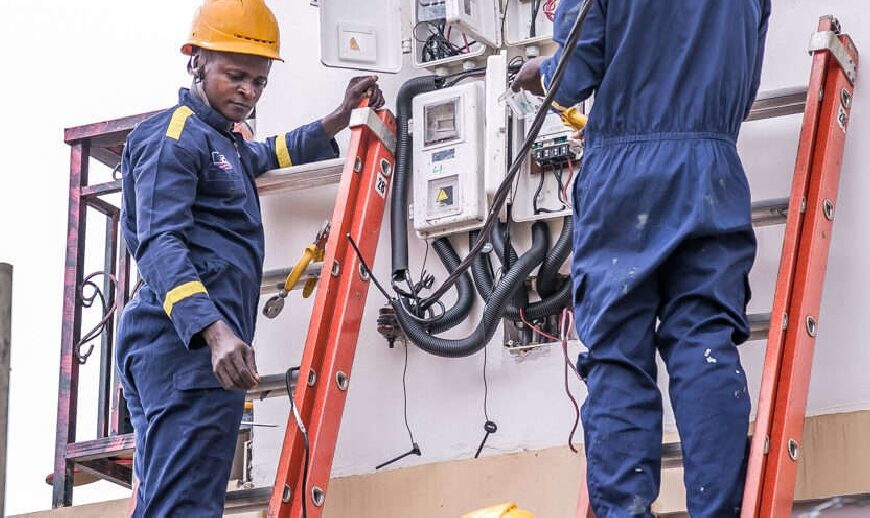A Monumental Expansion
Apple has announced a bold $100 billion increase in its domestic manufacturing investment, raising its total U.S. commitment to $600 billion over the next four years. This move follows a previous pledge of $500 billion made earlier in the year, signaling Apple’s intent to strengthen its American supply chain and manufacturing capabilities.

Powering the American Manufacturing Program (AMP)
The new investment falls under Apple’s recently launched American Manufacturing Program (AMP), a nationwide initiative designed to secure critical component production within the U.S. Key highlights include:
- Expansion of cover glass production for iPhones and Apple Watches in Kentucky, supported by a $2.5 billion boost to Corning’s Harrodsburg facility.
- Strengthened partnerships with key suppliers like MP Materials, Broadcom, GlobalFoundries, Texas Instruments, and TSMC to produce laser modules, semiconductors, and rare earth components domestically.
- An ambitious target to produce over 19 billion chips in the U.S. throughout 2025.
National Reach & Job Creation
Apple’s AMP spans at least ten states and supports over 450,000 jobs across its supply chain. Additionally, the company plans to hire more than 20,000 workers in high-tech roles such as R&D, AI development, machine learning, and silicon engineering.
Infrastructure & Talent Development
Key infrastructure and talent initiatives include:
- A new 250,000-square-foot advanced server factory in Houston, set to produce servers for Apple Intelligence beginning in 2026.
- The opening of the Apple Manufacturing Academy in Detroit on August 19, which will train manufacturers in advanced, AI-powered production techniques.
- Expansion of Apple’s North Carolina data centers and its R&D campus in Austin to support the growing U.S.-based operations.
Trade Dynamics & Market Reaction
This domestic push comes amid escalating trade tensions and looming 100% tariffs on imported chips and semiconductors. Apple’s investment may exempt it from these tariffs, providing a strategic advantage while reinforcing U.S. tech independence.
Following the announcement, Apple’s stock saw a 5% surge, indicating investor confidence in its reshoring strategy. However, analysts have cautioned that fully shifting iPhone production to the U.S. could increase manufacturing costs and consumer prices.
Key Takeaways
- Strategic Shift: Apple is reducing its reliance on foreign manufacturing by investing heavily in U.S. infrastructure and talent.
- Economic Impact: The initiative is expected to boost job creation, regional economies, and high-tech manufacturing leadership in the U.S.
- Long-Term Vision: Apple’s expanded commitment sets a new benchmark for domestic investment by a global tech leader


















